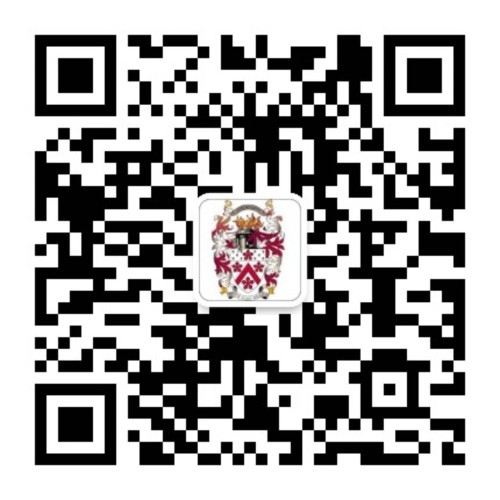Parent Observation Day
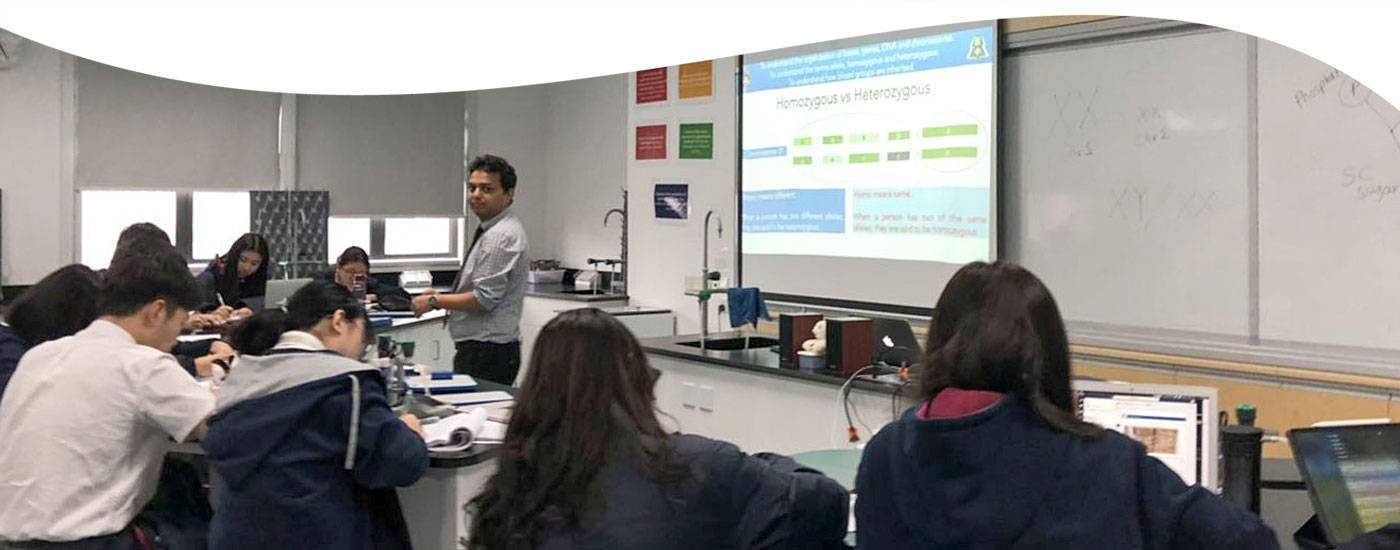
In order to help lower school parents gain a better insight into our teaching and learning philosophy, we invited them to join the leadership team in observing classes. On Wednesday the 20th of February, nine parents from the lower school observed classes.
The observations took place over two morning periods in which there were 35 lessons ranging from Y10 to Y13 running concurrently from 8:30am to 9:40am. Parents could randomly choose the classes they wanted observe. Parents, accompanied by the school leadership team, were divided into five groups and together they observed more than 40 classes.
Once the observations were completed, the leadership team explained the comprehensive systems that are in place within the school to monitor and improve academic quality. The starting point is the recruitment of the most suitable faculty members. The Principal told the parents that we have now completed recruitment for next year, with only three staff leaving and seven new staff required. We had over 400 applicants for these 10 positions. The final position to be filled was for maths, where 61 well qualified applicants are currently being carefully considered.
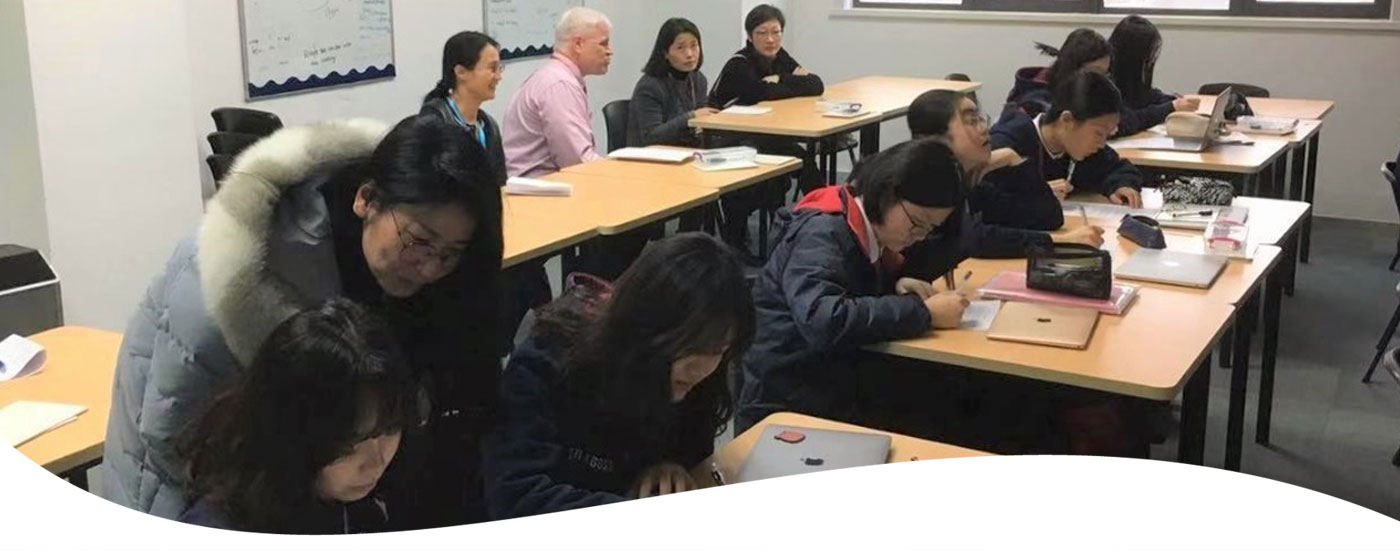
Student learning quality management was also discussed during the meeting, which our school focuses on. One example of this is the feedback on learning survey. 9000 student opinions were collected in total during the exercise These include comments on the Learning Principles and the amount of homework allocated. Students were also asked what teachers do best to support their learning as well as what they would like them to do in addition to this. The responses were then analyzed by the school leadership, department teams and individual teachers in order to make appropriate improvements and celebrate successes.
Parents were also interested in academic quality management. One of the ways it is managed is through the ‘Blue Sky’ process. Each teacher meets with a performance manager and agrees three significant targets for development of their own teaching skills. The steps that the teachers take, the support needed from the school and the intended results are all agreed on. Progress against targets is then carefully monitored. In total, there are almost 300 targets being worked on at any given time providing a process of continuous improvement.
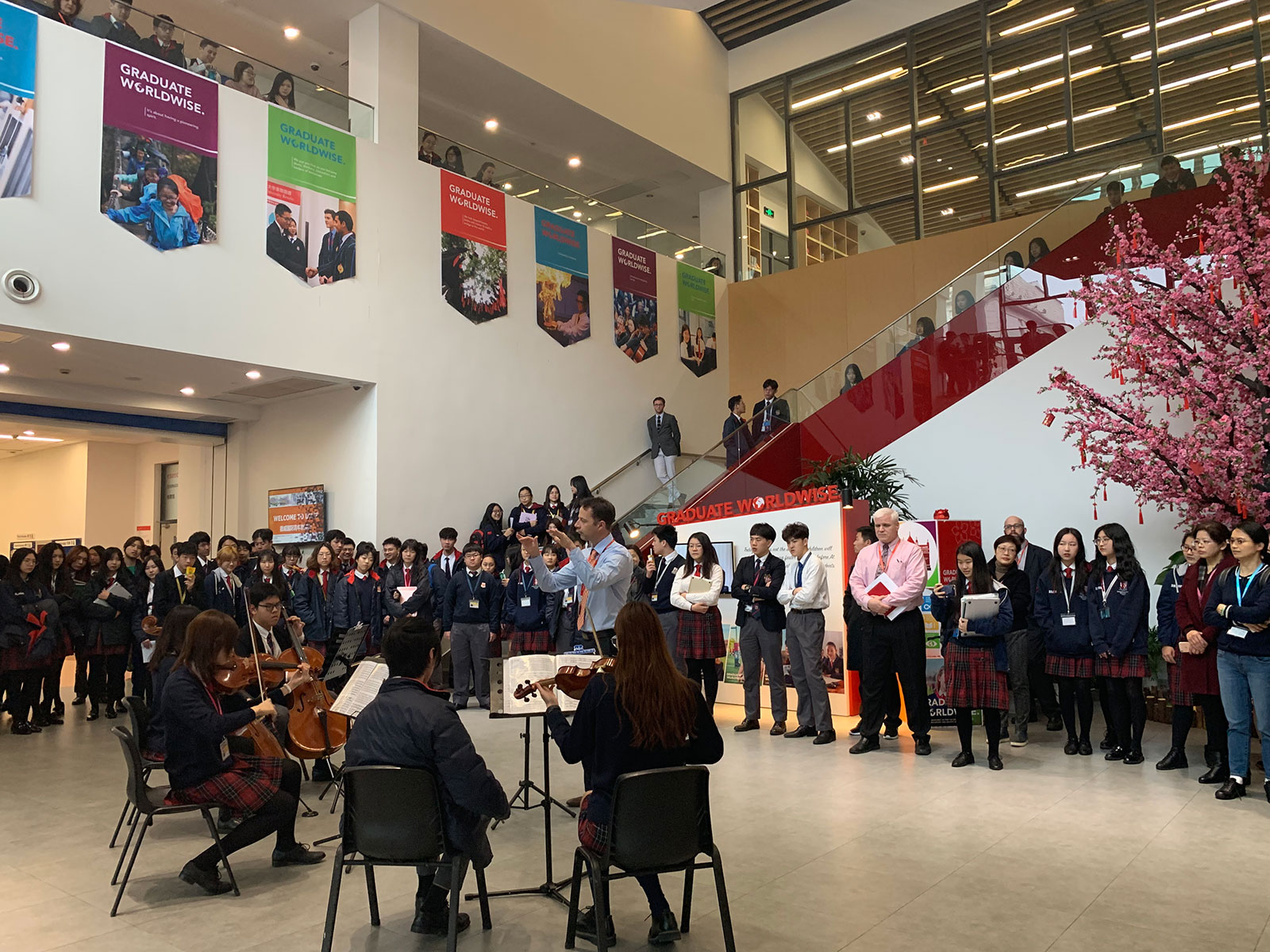
A Performance during a break in Observation Activities
The role of parents was also discussed. The school leadership expressed how grateful they are for the support and feedback of parents. Parents raised a question of how their children should preview and review school work at home. They were told that students use both the Moodle learning system and Microsoft TEAMS system on a regular basis. In order to help parents understand the content and operation of these software solutions, the school displayed the information that students see after logging into their accounts, including the syllabus and content of each course, after-school reading resources, assignments, feedback from examination papers as well as important announcements. It was also pointed out that the student's time spent studying in the software is recorded. Parents have said that they never or seldom share this with their children. The school leadership emphasized that they feel a 1-on-1 approach to solving problems and answering questions works best and encouraged parents to make appointments or ask questions via the Parent Liaison team.
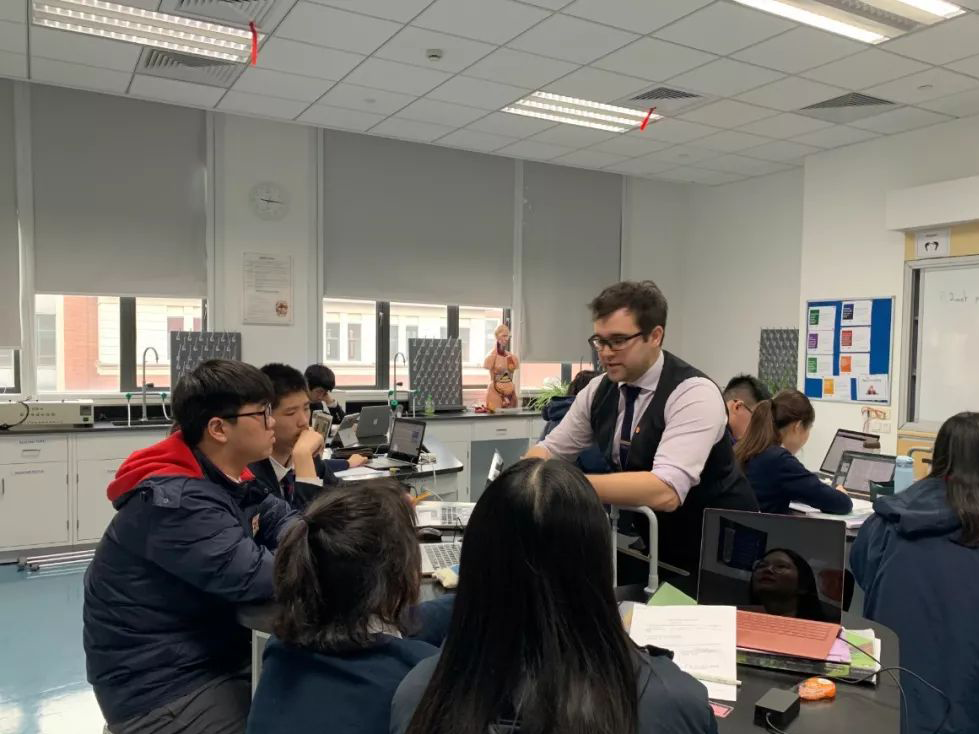
The key findings and recommendations of the recent DCI (Dulwich College International) Education team visit were also shared. This visit involved a number of highly experienced senior leaders from across the Dulwich network observing the school and speaking in depth to almost 100 students as well as teachers and parents. A number of areas were highlighted where excellent practice is happening with recommendations to focus on teacher-student relationships, responsive teaching and English language.
The use of both data and also personal approaches was discussed with parents. On the one hand, data allows the school to see overall trends and identify students, teachers, and courses where particular attention is needed. On the other hand, personal approaches by tutors, Counsellors, subject teachers, Parent Liaisons and school leadership works to ensure that every student is known, supported and developed so that they are successful and university and beyond.
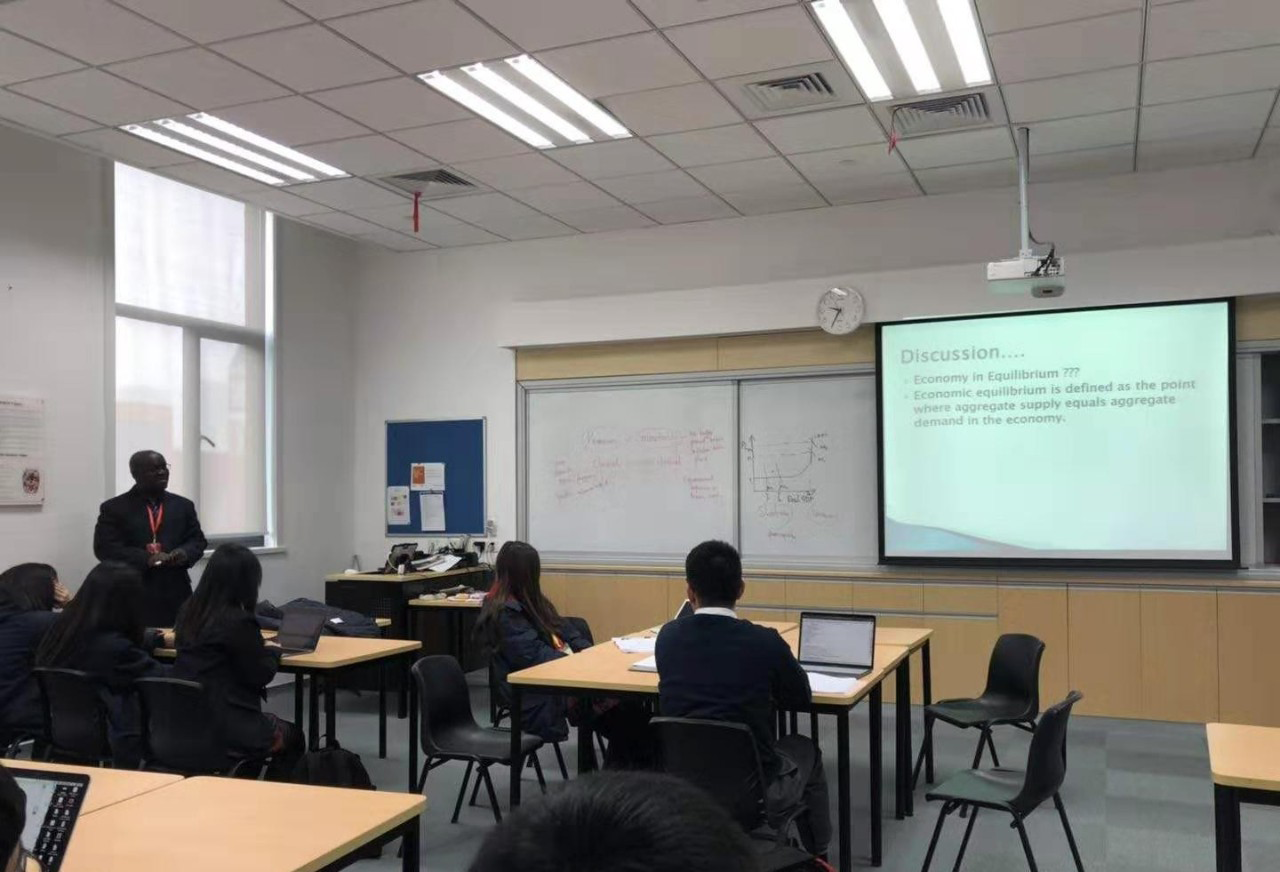
Parents also raised questions about study and rankings in the school. In response it was explained that there is no ranking in our school. Students are encourage to compare themselves only with themselves, measuring their present performance against the past. After a test, the students have an estimate of their next expected goal. Green represents rising, yellow is equal and red is regression compared to the last exam. If the student's grades drop badly they will be interview by their teacher. Parents can also email the parent liaison for solutions.
Overall, the parents were happy with what they saw. By directly observing the classes, parents experienced good quality teaching and the classroom atmosphere first hand. Compared with lower school students, the performance of upper school students was more positive, mature and fluent. At the same time, parents also gave some suggestions, encouraging teachers to pay more attention to students who have weaker self-discipline skills, in order to help them to develop better learning habits.





